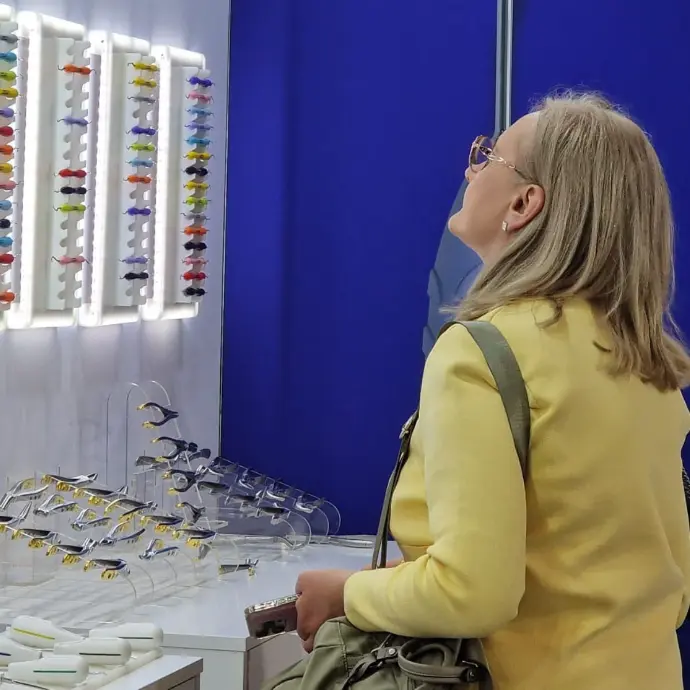Let’s be honest — finding a dental instrument supplier is easy.
Finding the right one? That’s a whole different game.
Whether you’re sourcing for a private label launch, tender project, or expanding your product range, choosing a supplier isn’t just about who offers the lowest quote. It’s about who helps you sleep at night — knowing the instruments will arrive on time, compliant, and ready for the market.
Here are five questions every product manager should ask before signing that supply agreement — and why they matter more than you think.
1. Are their products actually compliant? Or just claiming to be?
Sure, every supplier says “we’re MDR compliant.” But do they have the documentation to back it up?
As a product manager, your name is on the line if something goes wrong — and in the EU, UK, and other regulated markets, compliance isn’t optional. Always ask for:
- MDR (EU 2017/745) documentation
- UKCA certification (for UK sales)
- ISO 13485
If they hesitate or deliver vague answers, it’s a red flag. Compliance should be transparent and ready to share — not buried in fine print.
2. How fast can they actually deliver?
We’ve all been there. A project gets approved, timelines get tight, and suddenly every week counts.
A reliable partner doesn’t just say “we’re fast.” They show it:
- Lead times you can count on
- Stock availability for bestsellers
- Streamlined approval and sampling process
Ask them about their average turnaround time. A great supplier will be ready with timelines — not just promises.
3. Are you dealing with a direct manufacturer — or a middle-man?
Here’s a hidden but critical question: who’s really making the instruments?
Middle-men often resell from unknown sources, adding layers of cost and complexity. Direct manufacturers, on the other hand, offer:
- More control over quality
- Faster communication
- Better pricing and lead times
- Clear traceability and documentation
Ask directly:
- “Are you the actual manufacturer?”
- “Can you show where the instruments are made?”
- “Do you control the production process?”
The right supplier won’t hesitate to answer — because they own the answer.
4. Can they handle private label — or are they just selling catalog products?
Private label isn’t just about printing your logo. It’s about building a product line that reflects your brand's identity and values — consistently, across every touchpoint.
A true private label partner should support you with:
- Custom packaging that fits your brand’s design guidelines and market expectations
- Regulatory support, including documentation, technical files, and labeling compliance for your region
- Design consistency across instruments, handles, tips, and even accessory items
- Long-term availability so you're not constantly switching suppliers or re-certifying instruments
And beyond that — the right supplier will work with you proactively, not just reactively.
They’ll help you optimize SKUs, develop new lines, respond to customer feedback, and even support your sales teams with visuals, training materials, or samples.
If your business relies on building a recognizable, trusted brand — you need a supplier who understands that private label is a strategy, not an afterthought.
Because in the long run, your brand’s reputation depends on what’s inside the packaging — not just what’s on it.
5. How easy are they to work with when things go wrong?
Because at some point — something will go wrong.
A delayed shipment. A compliance question. A tender with a 48-hour turnaround. An instrument that doesn’t pass incoming QC. It happens.
And when it does, the difference between a good supplier and a great one becomes crystal clear.
You’ll want:
- Clear communication — no chasing, no vague responses
- Fast answers — not just “we’ll check and get back to you”
- A team that actually picks up the phone — and knows your business
Also ask:
- Who’s your direct point of contact?
- Do they offer support in your time zone?
- Can they provide documents or answers urgently if your local authority or end-customer asks for them?
Good service isn’t just about being friendly — it’s about being dependable when pressure is on.
The way a supplier handles problems says everything about how they value your business. If they’re hard to reach now, imagine how they’ll respond when things get critical.
Final Thoughts
Choosing the right dental instrument supplier isn’t just about the product — it’s about the partnership behind it.
As a product manager, your role goes far beyond procurement. You're building a portfolio, protecting your brand, and ensuring your teams — and customers — have the tools they can trust.
Asking the right questions helps you avoid costly surprises, streamline launches, and stay ahead in a competitive market. And the right partner will not only check all the boxes — they’ll make your job easier.

At ErgoDenta, we help product managers solve the everyday challenges of private label sourcing. From fast lead times and regulatory compliance to ergonomic Danish design and tailored packaging, we’re built to support your success — not slow you down.
📄 Want to learn more?
Explore how our process works on our Private Label page
📅 Ready to talk?
Book an online meeting with us — and let’s solve your next sourcing challenge together.

